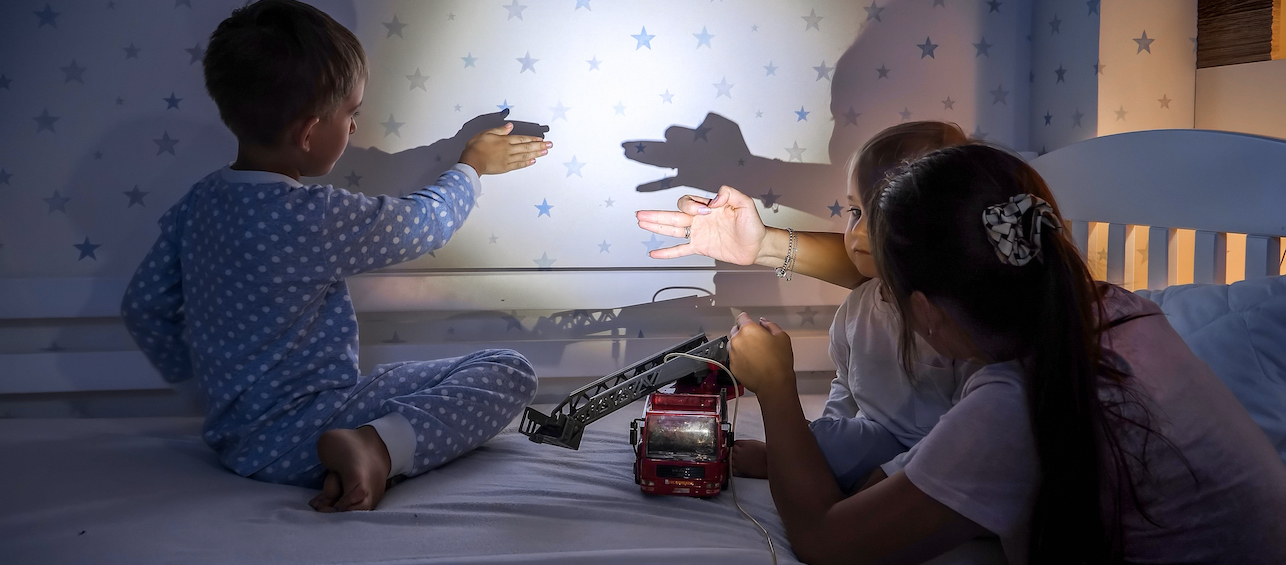The kids aren’t alright – we know this. This last December, the Surgeon General issued a health advisory to address the growing mental health crisis in our nation’s youth. Recently, the World Health Organization stated that the COVID-19 pandemic has triggered a 25% increase in anxiety and depression worldwide. The list could go on and on.
Essentially, the situation boils down to this: kids who were having mental health issues before COVID-19 are having more problems; and kids who weren’t having problems before are having them now. I don’t want to spend too much time on why it’s happening and how to get help, because there are already a lot of resources on the blog that do just that.
However, I would like to discuss how and how often to check in with our kids to make sure that they’re okay, without asking the same thing every day. These mental health check-ins are important for a couple of reasons. First, it lets our kids know that we care and are there for them. Second, if there is something going on, we might be able to help them through it before it comes a bigger issue. Here are a few suggestions to help you check in with your kids:
How to Do Mental Health Check-Ins with Your Kids
1. Ask specific questions
Asking specific questions, rather than saying, “How was your day?” is always going to get a better response than something generic. Ask about a specific activity or thing you know that happened in their day. Who did you play with at recess? Who did you sit next to at lunch? How was your math test? What activity did you do in girl scouts?
2. Then ask specific follow-up questions
What was the one thing you enjoyed about that activity? What did you take away from it? What could you have done differently? What did you like about it? This shows that you were paying attention and you are there to help if they need it.
3. Ask even when you don’t want to know the answer
Sometimes as parents we don’t want to know what our kids are doing or thinking, especially when they’re teens. But we have to ask. It’s our responsibility to know and to help guide them. We need to know if they’re thinking about suicide, engaging in sex or using drugs. Asking about suicide isn’t going to make them suicidal. In fact, teens with suicidal thoughts are often relieved when they’re asked.
4. Determine the right cadence
Some kids like frequent check-ins, and others don’t. Ask them about it and work through the right cadence with them. Kids who are having active problems, or kids who have a diagnosed mental health condition, are going to want a different frequency than kids who aren’t. Going against this this expected frequency may serve to annoy or cause a kid to shut down. Sometimes I offer my families the option to set up a code word. This means that your kids don’t want your help unless they say the code word.
5. Use technology where appropriate
There are mood tracking apps out there that can be helpful for some families. Kids can record how they’re feeling each day. Parents can keep an eye on it and the results can be shared with their psychologist. Daylio is an example of one.
Most of the time when kids come to parents with an issue, they just want their parents to listen. Put your phone down. Let them vent. Offer reassurance. You can ask them if they want you to do anything. If they say no, you have to respect that. And if they want you to help but you don’t know what to do, say so. Say, “I don’t know what to do about this, but I’m here for you and we’re going to figure it out.”
6. Stay calm
Staying calm is just as important as listening, and it may be the most difficult. Sometimes kids have big things to tell their parents and they delay telling them because they’re worried about how they will react. Other times kids say things just to be inflammatory, such as “You don’t love me anymore.” We need to not react, at least on the outside. Respond with, “I’m sorry if I’ve given you that impression, but it’s just not true. Explain to me why you feel this way.” Further, kids will make comments of hurting themselves or having suicidal ideation. We need to take these seriously, but sometimes they’re just saying it to get a rise out of you. Calmly respond with, “If this is how you feel, then we need to go to the hospital and get you some help.” They’ll be really quick to change their story if they didn’t mean it. And if they did, you’ll be headed in the right direction.
Checking in with our kids can help us keep a finger on the pulse of their mental health. If the answers to your questions are raising red flags, or if there is a safety concern, please reach out immediately to your mental health provider or your child’s main doctor.
To learn more about our Division of Behavioral Medicine and Clinical Psychology, or to schedule an appointment, please call 513-636-4336.
Editor’s note: This post was written with the help of teen and social media consultants Hannah Fuller, Sophia Smolyansky, and Robert Viox.





